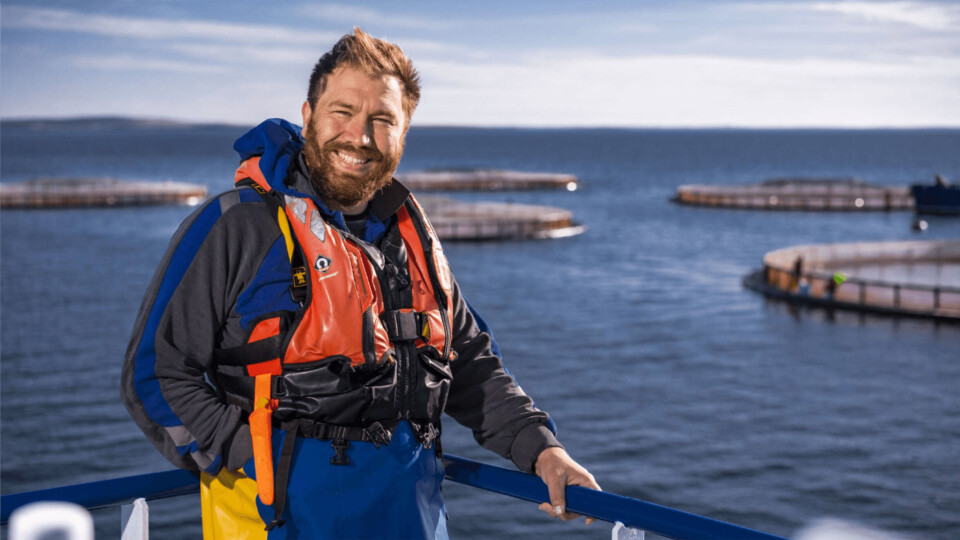
Task force helps exports but more remains to be done
A task force set up to help make it easier to export Scottish seafood following Brexit has had some benefit, but work to streamline bureaucracy is not yet complete, the Scottish Salmon Producers’ Organisation (SSPO) said today.
The task force is led by the UK government and brings together representatives from the catching, processing, exporting and aquaculture sections, as well as officials and senior politicians from the UK and Scottish governments. It has met seven times and will meet once more before being disbanded.
SSPO chief executive Tavish Scott said: “The Taskforce, that the SSPO initiated with UK Cabinet Minister Michael Gove back in January, has concentrated on improving the export journey for Scottish salmon following Brexit.
“We need less bureaucracy, less cost and more efficient deliveries. The Taskforce has helped with these factors and having both the UK and Scottish governments in the room has been positive.
“The next crucial stage is for export paperwork to be replaced by an effective digital system. We have asked for the regular meetings with government, civil servants and public agencies to continue so that this and any other issues can be ironed out.”

‘Rapid progress’
After the most recent meeting last Friday, UK government Scotland minister David Duguid said: “Rapid progress has been made in a variety of areas through this taskforce. In particular, we have considerably cut the amount of time staff spend filling in details on Export Health Certificates (EHCs), helping speed time-critical exports of our world-class seafood.
“Although the taskforce has a fixed lifespan, we are looking at how we can continue this important dialogue.
“We want to maintain close contacts, though we appreciate people in the industry are busy. I am confident we can reach accord on ongoing discussions as we seek to maximise the opportunities for our key seafood sector.”
The Scotland Office said the taskforce grew from extensive consultation with the industry throughout Britain’s EU transition period and after the UK’s exit on January 1.
Exactly how extensive that consultation was prior to the middle of January, when red tape caused huge delays in exports, is open to question. Executives in Scotland’s seafood industry, including the salmon sector, had for months made repeated warnings that complex post-Brexit documentation might cause export problems from January 1, but said those warnings had been ignored.
EU export record
Last week the SSPO reported that despite delays caused by Brexit, salmon exports to the European Union had risen 74% in the first quarter of 2021 compared to Q1 2020, reaching a record volume of 19,410 tonnes.
However, lower prices meant the income from the fish rose by only 24%, from £84 million in Q1 2020 to £104m in Q1 this year.
Scott said last week that additional bureaucracy, paperwork, delays and confusion arising from Brexit have left salmon farmers incurring costs of at least £11 million but that he remained confident that 2021 will be a strong year for the sector.
Still vulnerable
Salmon producers are spending an additional £200,000 a month on extra paperwork because of Brexit, and it takes an extra two hours for each seafood load to be processed and given an EHC for transport to the EU. In some cases, this process is taking four hours or longer.
“Salmon farmers remain vulnerable to the problems caused by Brexit,” said Scott last week. “Export volumes to the EU may well be up for the first quarter of the year but increased delays in getting products to our EU markets have kept values low.
“The SSPO will continue to work with the UK and Scottish governments to find ways to streamline red tape and ensure our members can offer their customers the certainty of getting fresh, nutritious fish to EU markets on time.”























































